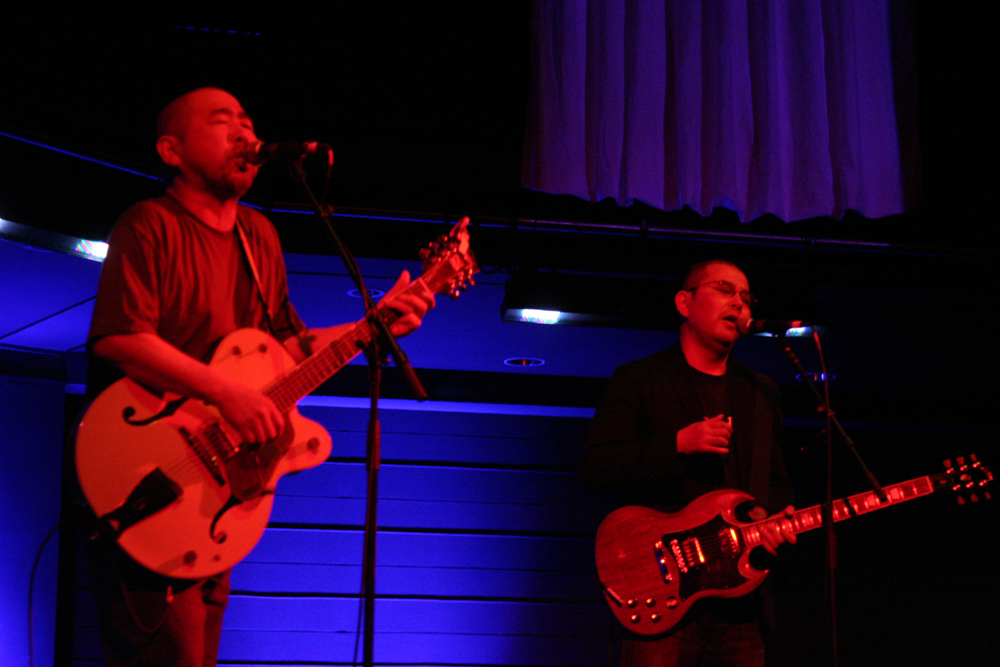
#untitled lipsync 2
boychild
The mutability of the body and the mobility of identity: queered pop culture, drag, lip-sync and performance.
Arika have been creating events since 2001. The Archive is space to share the documentation of our work, over 600 events from the past 20 years. Browse the archive by event, artists and collections, explore using theme pairs, or use the index for a comprehensive overview.

The mutability of the body and the mobility of identity: queered pop culture, drag, lip-sync and performance.

Usurper luddite twins’ disabled instruments play a game of pick-up-sticks with the deconstructed horn of a young Derby opponent.

A 3-day exploration – through performance, screenings and discussion – of the art and politics of wayward communities who refuse to be bound by the fictions of race and sex.

Killer of Sheep is an undisputed masterpiece of African-American filmmaking and one of the most poetic, perceptive dramas ever made about family and community.

Includes: tamed TV snow, video feedback of racing particles, a remake of a polish photogram film destroyed in WWII, a visual and aural representation of Gestalt theory, hole-punched film and Guy Sherwin’s Cycles 3 double-projection.

Dworkin asks: What would a non-expressive poetry look like? A poetry of intellect rather than emotion?

In rethinking the body, the law, the state, gender, race, violence, care and empathy, how we might give humanness a different future?

Folk poet, actor and bon viveur Kan Mikami in duo with Jojo Hiroshige, a founding member of Japanese Noise band Hijokaidan.

How can we imagine bodies not as an end in themselves, but as a medium through which we can become one another’s means?

A drone installation populated by flourescent strip lights working in complicity with analogue radios – “all the lights just do their thing”.
Out holler/ howl of English pukenoise posterboys exploded by incessant insect chatter of Northern fug dweller.

The first of two workshops that highlight correspondence as a way of working. Somewhere between song, speech, and logistical arrangement, these workshops invite participants to consider care as infrastructure.